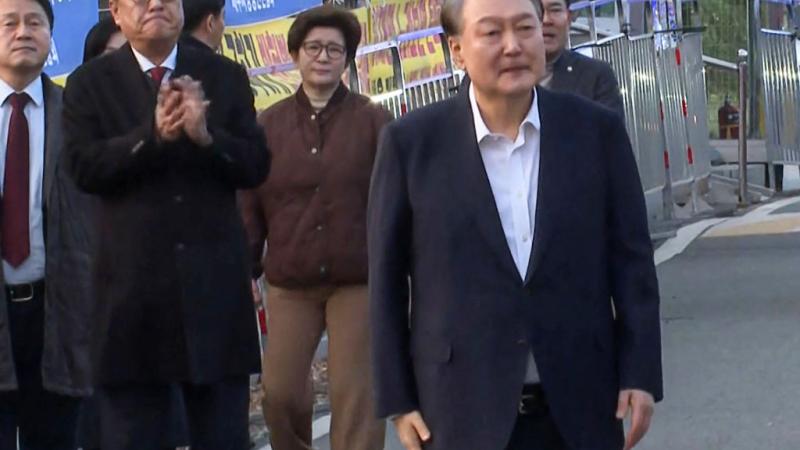In Olympic lead-up, Beijing breaks silence on Ukraine; bolsters Moscow position
Over the last several months, China mostly has remained silent while the West grew increasingly alarmed over Russian military movements coupled with a series of ominous yet nonspecific warnings regarding Ukraine.
As international tensions escalate over the possibility that Russia will invade Ukraine, officials in Beijing have broken a long silence on the topic, bolstering Moscow in its standoff against the West.
In a Jan. 27 phone call with U.S. Secretary of State Antony Blinken, China's Foreign Minister Wang Yi supported the Russian position that Ukraine should be barred from the North Atlantic Treaty Organization (NATO).
"Regional security cannot be guaranteed by strengthening or even expanding military blocs," Wang Yi said, noting that Russia's "reasonable security concerns should be taken seriously."
Wang downplayed the notion that a Russian attack on Ukraine was "imminent," as the Pentagon recently has warned.
The West should not "hype up the crisis" surrounding Ukraine, Wang said.
China's Foreign Ministry spokesman Zhao Lijian on Friday echoed those comments while addressing reporters.
"Creating tensions does no good to easing the Ukraine crisis, but only adds more uncertainties to the region and the whole world," Zhao said. "China is firmly opposed to this."
Zhao urged "dialogue over confrontation, solidarity over division, and peace over war" while speaking Jan. 28 from Beijing.
"Under the current circumstances, we call on all relevant parties to ease the tension as much as possible, avoid escalation of the situation, stop stirring up trouble and inciting opposition and confrontation," he said.
Over the last several months, Beijing mostly has remained silent while the West grew increasingly alarmed over Russian military movements coupled with a series of ominous yet nonspecific warnings regarding Ukraine.
Alarm bells particularly sounded in the West earlier this year when Konstantin Gavrilov, who leads the Russian delegation at the Vienna Negotiations on Military Security and Arms Control, issued a stark warning.
"There arrives a moment of truth when the West either accepts our proposals or other ways will be found to safeguard Russia's security," Gavrilov said, adding: "We are running out of time. The countdown begins."
The People's Republic of China last week broke its silence during the lead-up to Feb. 4 opening ceremonies for the Winter Olympics in Beijing — and a visit from Vladimir Putin, the Russian president.
Putin is expected to attend the opening ceremonies, and to meet in person with Chinese President Xi Jinping.
While the two leaders have not formed a pact along the lines of other longstanding international partnerships, such as the NATO alliance, they will devote a "lot of time" this week to discussing the situation in Europe, the Kremlin said.
"I think this time of course a lot of time will be spent on an exchange of views on international issues, including strategic stability in Europe, security guarantees for Russia, security in Europe and Russia's dialogue with the United States and NATO, and regional problems," Putin's spokesman Dmitry Peskov said while speaking to reporters last week.
Besides viewing the tensions over Ukraine as a way to cultivate favor with Russia, China is expected to study how the West — particularly the United States — proceeds, and to draw lessons to apply toward China's position regarding Taiwan.
















